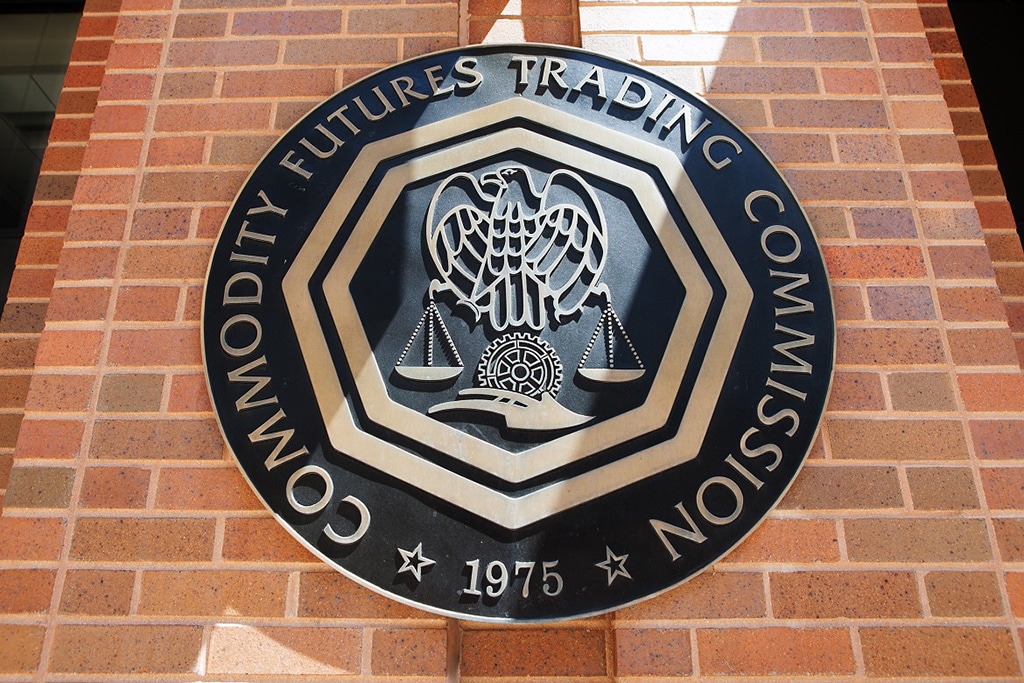
Please check out latest news, expert comments and industry insights from Coinspeaker's contributors.
Cyber security is a big deal today, and in the wake of massive recent events like the Equifax breach it’s becoming impossible to ignore the risks that are facing everyone.

As technology advances, so do the risks. The Internet of Things is rapidly gaining recognition as something that could enormously improve the way we live, but it also opens up new opportunities for hackers and cyber criminals.
What’s more, cyber crime in general is on the rise. Global ransomware damage costs are predicted to surpass $5 billion in 2017, an increase of 15 times from just two years ago. Meanwhile, cyber crime damage costs in general are expected to hit a terrifying $6 trillion by 2020.
It’s enough to make any rational person hurl their computer out of the window and take shelter in the fetal position under their desk.
The good news is that most people and businesses are protected from the majority of cyber threats by an impressive range of products and services, developed by cutting-edge security providers focused on guarding against all kinds of dangers.
Cyber security spending looks set to hit $90 billion in 2017 and $113 billion by 2020, according to Gartner. There’s a lot going on behind the scenes to keep internet users safe.
However, there is one big problem with the current model.
Currently, there’s a real lack of cohesion in the cyber security world. Most of the big service providers focus on delivering excellent protection to their customers, and there’s not enough in the way of exchanging ideas and responding as one when confronted with big threats.
This may have worked in the past as a way of staying ahead of the competition, but unfortunately it’s no longer an option.
Right now, when a threat is detected by one security provider, the time taken to spread the word to others in the industry and co-ordinate some kind of defence is far too long. By the time the word is out, the damage has already been done.
That’s not to mention to difficulty in sharing information within cyber security companies themselves. The highly technical nature of the industry, coupled with the complex structure of large organizations, makes the transfer of knowledge from one area to another a tricky process.
The time between detection of a threat and the co-ordination of some kind of response is often far too long.
The Target breach of 2013 is one of the more high-profile cases of a failure to respond quickly to a cyber threat. Hundreds of Target stores fell victim to a security breach which left the details of their customers’ credit and debit cards in the hands of criminals.
The security team failed to respond to alerts immediately, and were working with outdated software that wasn’t up to the task of spotting threats. In the time it took Target to properly respond to the attack, a huge amount of damage had been done. In addition to the loss of business and hit to their reputation, Target also had to deal with an avalanche of lawsuits from irate clients.
A nightmarish incident for any business – and the kind that is totally avoidable by detecting and addressing cyber threats more swiftly.
Of course, cyber security providers aren’t averse to working together. The response to the recent WireX DDoS attack was a great example of big security companies coming together and pooling their resources to defeat a common enemy.
Unfortunately, though, there’s still a long way to go. As cyber threats escalate, the solution may lie in a new ICO that’s aiming to change the way we protect against them.
LevelNet is a new ICO that recognizes the urgent need for more effective communication between threat detectors, and more rapid responses to threats.
Their aim is to build a network of users, customers of various different security providers, who are connected with one another in real time.
This way, when one member of the system detects a threat via their security programs, this information can be quickly shared with the rest of the network, allowing for prompt and effective action to be taken.
Users will buy tokens from LevelNet in exchange for participation in the network. They’ll get to draw on all the other members and their security technology, and also receive intellectual property rights.
LevelNet’s hope is that by building a large enough network almost any threat that arises will be detected by at least one member. If one security program misses a threat, another will pick it up, and the information will quickly filter through the network of LevelNet users.
It’s a revolutionary way of looking at cyber security, and might just turn out to be necessary in the face of increasingly complex and dangerous threats.

Please check out latest news, expert comments and industry insights from Coinspeaker's contributors.




